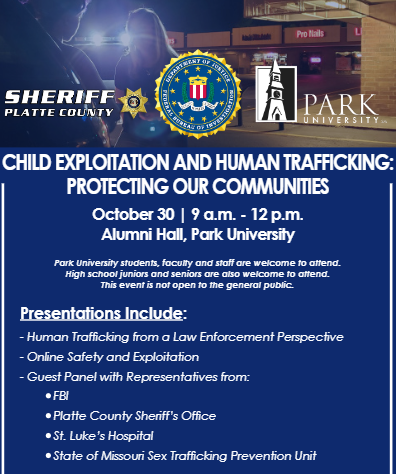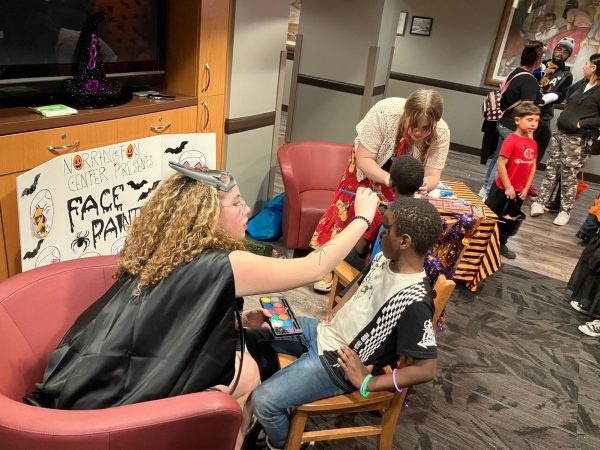Relieve stress from school and COVID-19 with these tips
The COVID-19 pandemic has presented challenges to daily routines for people all over the world. Pandemic restrictions have forced people to adapt to a new normal, which can be very stressful for some. College students are one group currently facing quick-paced changes to guidelines and courses, forcing them to adapt to a new way of education.
Although these changes can bring lots of stress, there are many things people can do to cope with this added stress and anxiety—even during a pandemic. Linda Waxse, coordinator of Park’s counseling center and a licensed clinical professional counselor, and Diana Camden, a mental health counselor and licensed professional counselor, shed light on how much the pandemic has impacted students and offer their advice on the best ways to cope with the extra stress.
The pandemic caused the problem of “socialize isolation and not having the freedom to be around peers, for the comfort,” Waxse said. “But that’s still a major issue, especially for the college age group.”
Camden adds, “I agree with that, the social contact is very important, especially for those who consider themselves extroverts; they really need that social connection.”
The university’s transition to primarily blended and online course offerings has limited students from being close to their peers, which is something that many students need.
Another casualty of daily pandemic life is the stability of a routine and schedule. College students are mostly stuck in online classes, inside their rooms, and wearing pajamas all day. Waxse mentions it is important to set a schedule for yourself and stick to it; having a routine will help to cope with being isolated at home.
A lack of routine or schedule and adapting to different teaching methods and course delivery can be very stressful for college students, and it is further complicated by the pandemic. It is common that students feel a lot of things are out of their control.
“The thing that I like to help students is to empower them, like there’s a lot that is out of our control. Let’s focus on what you can control,” Camden said.
Students can also control how much screen time they have. Camden mentioned the term “doom scrolling,” which is when someone gets stuck on social media and keeps scrolling through post after post, wasting a lot of their time.
Camden explains it is important to watch “your virtual diet, like what is it that you’re looking at, and is it helpful, not helpful?” she said. “And to kind of limit that and to really kind of be cognizant of what things I have control of that I can personally change that will help me.”
By limiting screen time, students will have more time to engage in activities that are beneficial to their mental health. Students can try to get outside with the weather warming up, as taking walks and soaking up some sun can be very relaxing.
“Adding just a little bit of activity physiologically can help de-stress and you know, work with anxiety getting that nervous energy out,” Camden said.
Waxse also adds, “Eating well is so important to reduce stress if you’re eating lots and lots of sugar or coffee.”
So while the pandemic has challenged college students, there is hope in some of these suggestions. Finding a routine, getting outside, exercising, eating well and taking time for self-care are all tools for students to get through these tough times.
Students are also welcome to go to the counseling center, located in Dearing Hall next to the Chestnut residence hall in Parkville, to talk to the school’s counselors about their stress and anxiety from both school and the pandemic. The center’s hours are 8 a.m. to 4:30 p.m., Monday through Friday.
Your donation will support the student journalists of Park University. Your contribution will allow us to cover our annual website hosting costs, freeing up other funds for equipment, printing and training.





